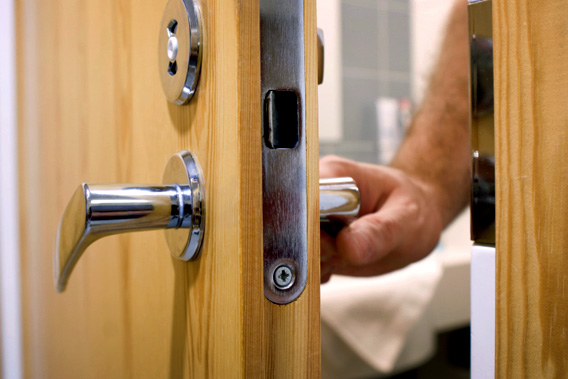Overactive Bladder

Why Participate in a Clinical Trial
September 16, 2014
Lifestyle and Diet Tips to Ease BPH Symptoms
May 31, 2018It happens to everyone occasionally, you’re busy, or on a long trip, or just away from any facilities for awhile… And then you HAVE to go NOW.
For some people this sudden urge to urinate happens regularly. Sometimes, once they start going they can’t stop. And unfortunately from time to time, they are forced to deal with the involuntary loss of urine (urge incontinence).
Life with an Overactive Bladder (OAB) is obviously problematic. We’d like to share with you some lifestyle tips and modifications that may help ease the burden of living with OAB.
First discuss your OAB symptoms with your doctor. There may be a treatable cause behind your symptoms – like a UTI, urinary tract infection.
Did you know that diet, fluid consumption, weight, smoking, and bowel regularity can all add to OAB symptoms?
Discuss these lifestyle adjustments with your doctor. If you find that these tips aren’t improving your situation, discuss participating in an OAB Clinical Trial with your physician. You don’t need health insurance, and qualified participants receive all study-related medical care and study medication at no cost.
1. Keep a bladder diary. A journal is a great tool to see if there are patterns to your problems. As simple or complex as you like, but a few days of data may help uncover the cause of your OAB.
2. Use the restroom every three to four hours. A regular routine is important. “Holding it” can stretch the bladder and lead to overactive bladder issues.
3. No diet soda. Caffeine, carbonated beverages and artificial sweeteners are bladder irritants and will affect your symptoms. Your bladder journal may help point to a link between diet and symptoms.
4. Drink enough water — but not too much. Watch your water, the average person needs 6 8oz glasses of water a day.
5. Don’t drink before bedtime. Decreasing fluid intake three to four hours prior to bedtime is a smart idea to reduce bathroom trips during the night.
6. It’s all regular. Yes, constipation impacts your bladder function. Healthy bowel, healthy bladder.
7. Lose weight if you need to. Pelvic floor pressure can contribute to symptoms of OAB. Obesity creates the pressure, weight management may bring relief.
8. Stop smoking. No, you aren’t going to escape it…. As always, in every health situation – QUIT SMOKING. Smoking’s chronic cough creates bladder issues by increasing abdominal pressure. OAB is yet another reason to stop.
If you are still suffering with an Overactive Bladder, give us a call. We are happy to discuss your situation with you and we may have some answers for you.


